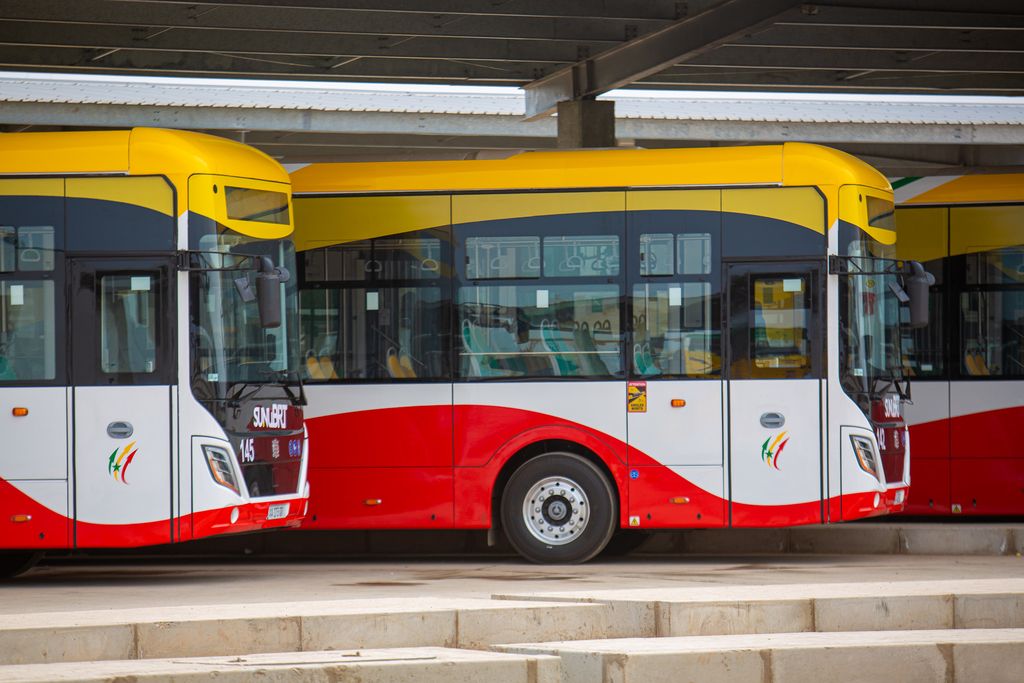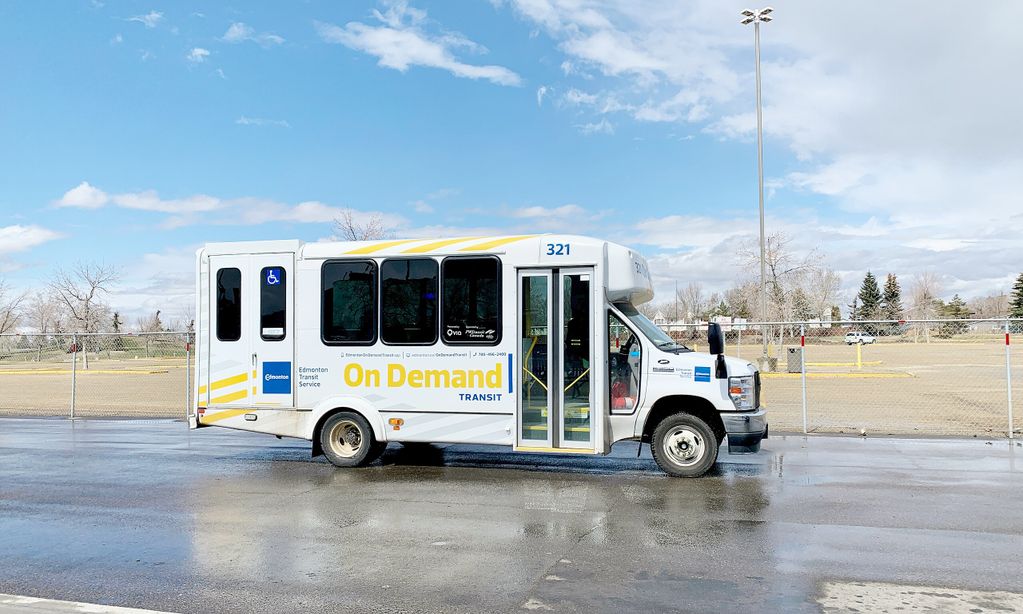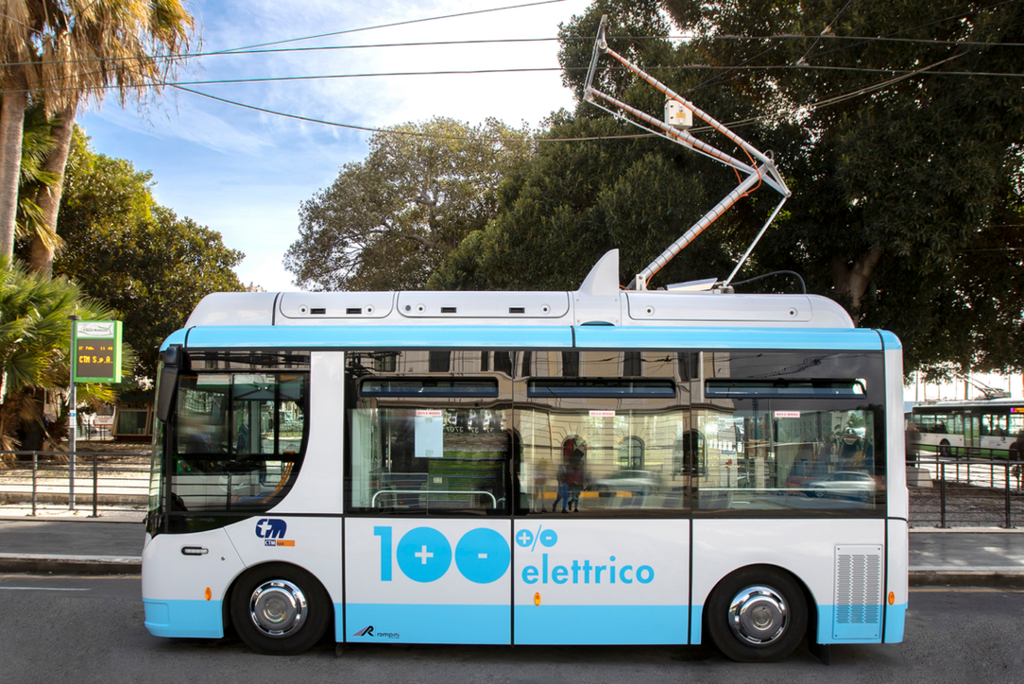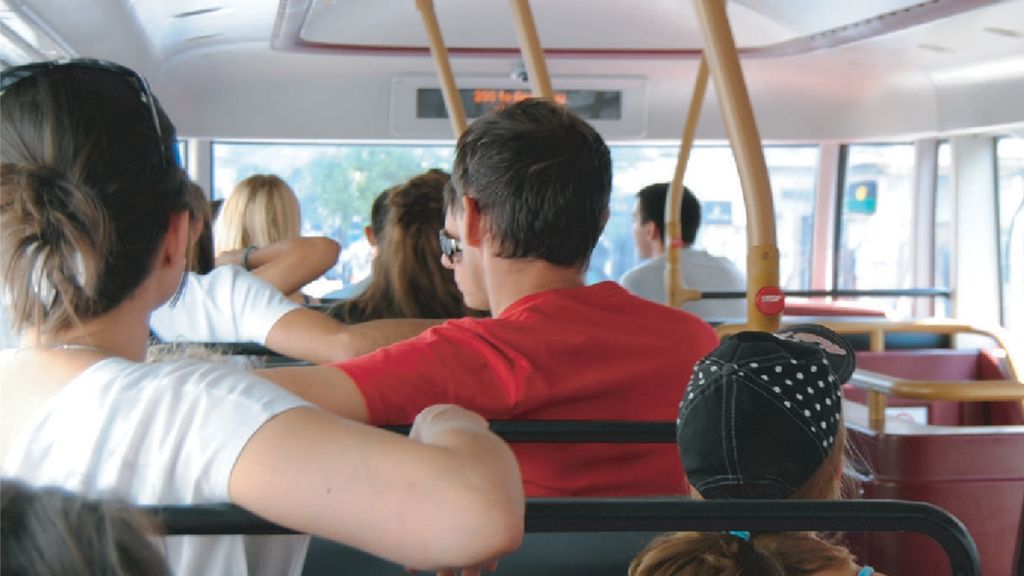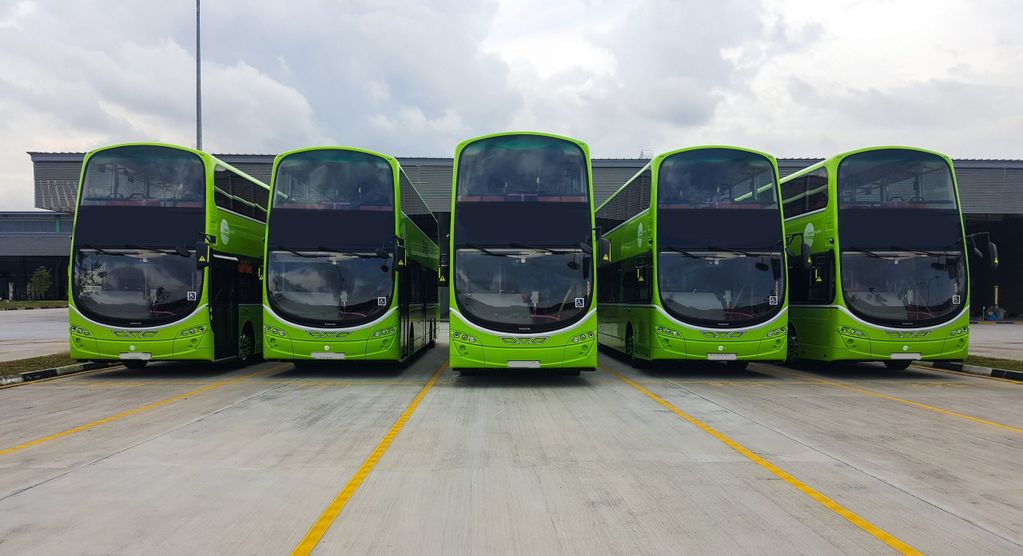
Setting the sustainability example: Clean Bus Europe Platform kicks off Study Tour
The CBEP boosts knowledge exchange on clean bus tech in Europe
You say sustainable cities? You should think clean buses.
More than ever, cities and operators are putting the spotlight on clean bus deployment to meet their transport emissions reduction targets. In 2019, UITP was proud to launch the Clean Bus Europe Platform aiming to help cities achieve these goals.
Launched under the European Commission’s Clean Bus Deployment Initiative, the Clean Bus Europe Platform brings together European cities, transport authorities and operators, together with relevant stakeholders like social dialogue partners and industry to boost the exchange of knowledge on clean bus deployment.
The CBEP Study Tour kicked off in the Netherlands
To facilitate the exchange of expertise among the sector, one of the CBEP’s key activities is its Study Tour. During these tours, so-called Host Cities, that are already experienced in clean bus deployment, welcome Target Cities who are currently in the early stages of clean bus deployment or who are looking to expand their knowledge.
On 9 and 10 June 2022, the CBEP Study Tour officially kicked off with visits to Host Cities Eindhoven and Amsterdam, which both are worldwide frontrunners in the deployment of electric bus systems. Both Host Cities have large e-bus fleets operated by Transdev Netherlands, with buses manufactured by Dutch OEMs VDL Bus & Coach and E-Busco.
In cooperation with partners and UITP members Provincie Noord-Brabant (PNB), Vervoerregio Amsterdam (AML), Transdev/Connexxion and VDL Bus & Coach, the Tour facilitated direct exchange between transport authorities and operators, as well as relevant stakeholders (bus manufacturers, charging infrastructure operators) involved in the deployment of the clean bus system in Amsterdam and Eindhoven.
The Study Tours are a key element of the Clean Bus Europe Platform, allowing cities to profit from and build on the experience and know-how of those cities that have already deployed clean buses.
Learning by doing…

During the visit, Target Cities had four technical visits to Amsterdam Schiphol Airport, the e-bus depot in Haarlem, the Hermes depot in Eindhoven, and the VDL ETS Charging Test Centre. This centre, which investigates how vehicle technologies, energy storage and charging systems work together, has been recently expanded with new charging technologies to provide more insights into smarter, more efficient use of the existing power grid and the bi-directional charging of heavy vehicles.
Alongside the visits there were also classroom sessions highlighting the experiences of the Host Cities, including a detailed description of the bus system deployment experience.
A network of knowledge: the CBEP Cities
The Clean Bus Europe Platform links cities already deploying clean buses (Host Cities) to cities less familiar with clean bus technology (Target Cities), and cities interested in following the Platform’s activities (Follower Cities).
To provide insights into the clean bus deployment status and progress of the CBEP Cities, the Platform has recently launched a map providing a complete overview of the city’s fleet size, clean bus technology and strategy, and much more.
Did you know for example that Transport for London (TfL) as Host City currently has contracted over 650 zero-emission buses, including 20 hydrogen buses, in their fleet? Or that in Poznan (Target City), electric buses already accounted for 17% of the total fleet in 2021, while plans for additional 20 to 30 zero-emission buses are set for the second half of 2023?
Want all the insights? Check out the CBEP Cities’ Map here!

For more information on clean bus deployment across Europe, check out the ASSURED Clean Bus Report, which was created through valuable collaboration between the Clean Bus Europe Platform, ASSURED, and the JIVE projects. Launched earlier this year, the publication provides an updated overview of the European market for clean buses and compares clean vehicle figures of 2017 and 2021.
The Clean Bus Europe Platform is a true reference point in the sector when it comes to clean bus deployment. In addition to our Study Tours, webinars and other events, the CBEP website holds a wealth of knowledge about clean bus tech including a Market Monitoring Tool and the new Cities’ Map, with valuable info from operators on their fleets and clean bus strategies.




